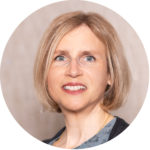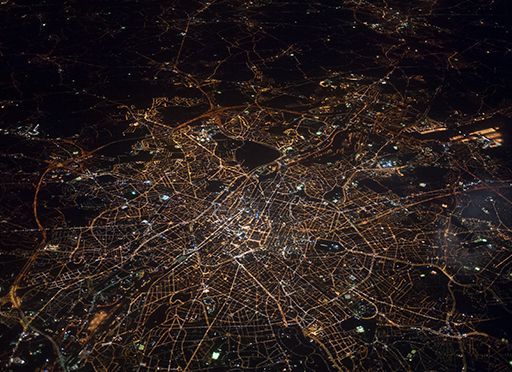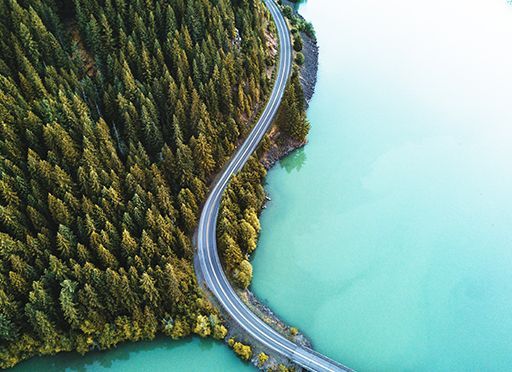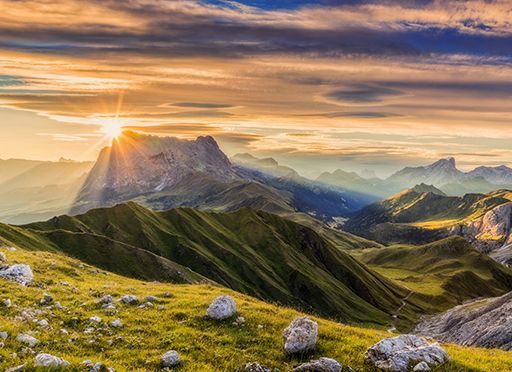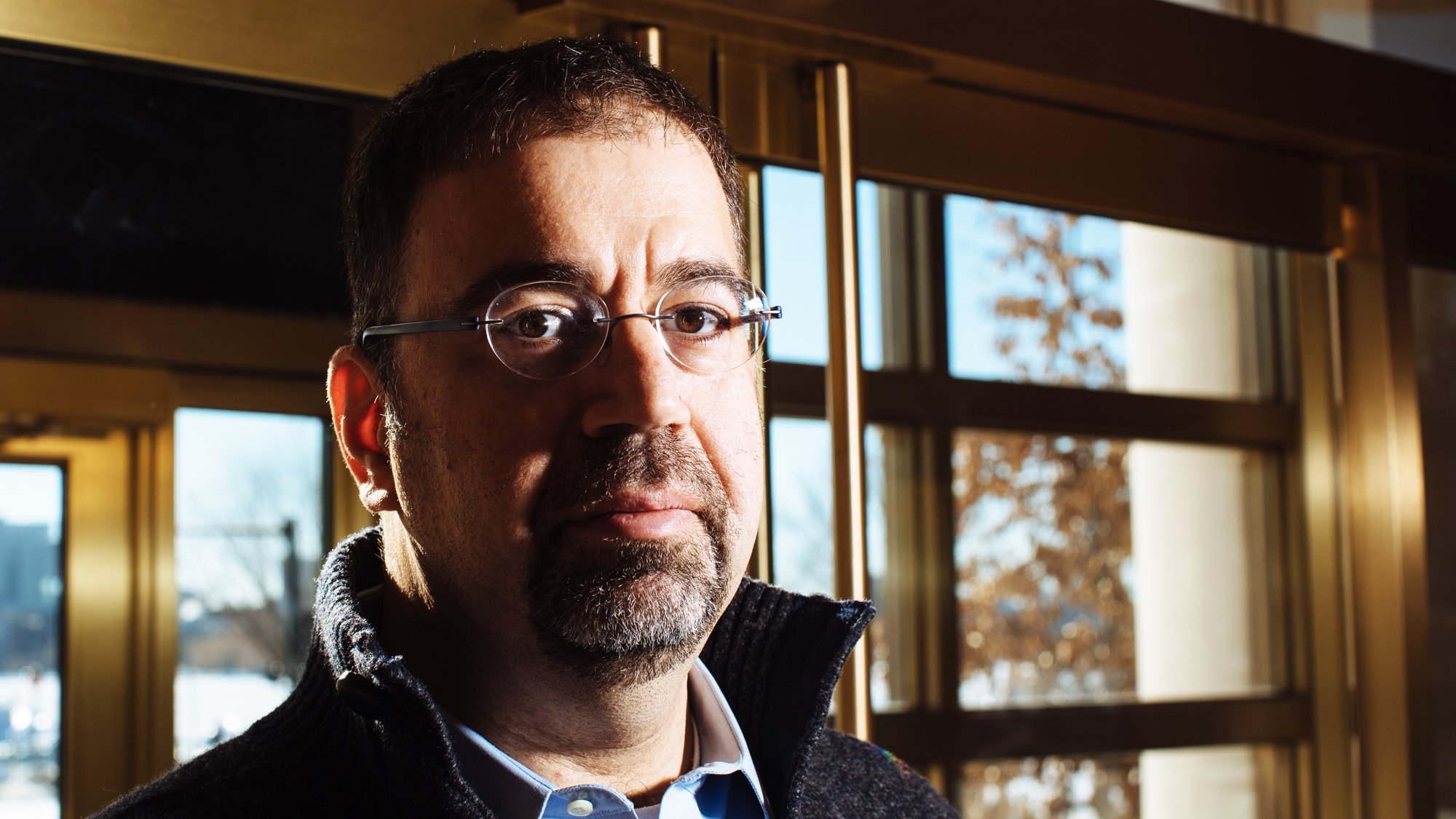“The Focus is ‘Enough’ Rather Than ‘More’”

getAbstract: In a nutshell, could you give us a short definition of “steady-state economics”?
Rob Dietz: You can think of steady-state economics as a sustainable alternative to mainstream or neoclassical economics, which assumes perpetual growth of production and consumption. So steady-state economics is the study and practice of how to maintain an economy with a stable level of resource consumption and a stable population. Such an economy keeps material and energy use within ecological limits, and the unsustainable (and unrealistic) goal of continuously increasing income and consumption is replaced by the goal of improving quality of life for all. In short, the focus is enough rather than more.
Why do you think adopting a steady-state economic model is the only way to promote widespread prosperity and resource sustainability for future generations?
I’m not sure it’s the “only” way, but it’s our best bet at this pivotal point in history. Let’s start by establishing working definitions of the terms “widespread prosperity” and “resource sustainability.” Widespread prosperity means that everyone is able to meet his or her basic needs for physical health and sustenance, plus some standard of comfort. No one lives in poverty, and daily life offers opportunities for fulfillment and enjoyment beyond toil just to stay alive.
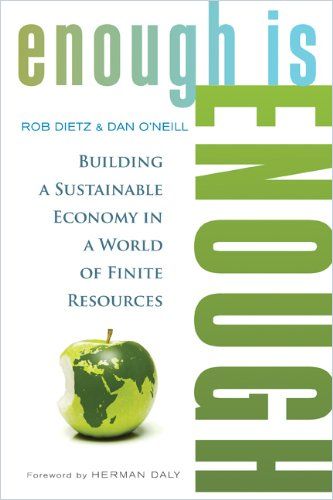
Resource sustainability entails three operating rules: First, we use renewable parts of nature, such as trees and fish, no faster than they can regenerate. Second, we minimize the use of nonrenewable resources, such as fossil fuels and minerals, and find renewable substitutes over the long term. And third, we emit pollutants no faster than ecosystems can safely assimilate them.
Steady-state economics is the study and practice of how to maintain an economy with a stable level of resource consumption and a stable population.
Rob Dietz
Like so many issues in life, there’s a balance to be struck between the two goals of prosperity and sustainability. For example on a household level, you can achieve a sort of prosperity by maxing out your credit cards, taking on a huge load of debt and buying a bunch of luxury goods – but doing so undermines your chances of achieving financial security and getting what you need over the course of your life. In the economy of more, the balance is lost as the scales tip toward increasing consumption as a single-minded goal. Like the credit card example, however, such prosperity is fleeting. Ever-increasing consumption erodes the foundation – productive ecosystems, a stable climate, and opportunities to access ample food and water – for prosperity over the long term. Technology and more efficient production can slow the erosion, but only for a while when matched against the relentless pressure of exponential growth in consumption. At the same time, people don’t always need more stuff to live healthier or happier lives, especially those who are already consuming enough to make a good life.
What does an economy of “enough” look like?
An economy of enough recognizes the realities of both the physical environment and human well-being. There are environmental limits to growth, as evidenced by humanity’s experience with how overgrowth is causing global warming, rampant biodiversity loss, and deteriorating health from pollution. There are also limits to the positive effects of obtaining material goods and plenty of negative consequences caused by devotion to consumerism. By striking the balance between prosperity and sustainability, an economy of enough seeks to meet human needs without overshooting the bounds of nature. Such an economy offers opportunities for meaningful connection to nature and supports values like equality, community and generosity.
The urge to explore, accumulate, grow and develop seems to be part of human nature. You are not suggesting that societies remain “stagnant” in a steady-state economy. Which attributes of a steady-state economy stay constant, and which elements will continue to evolve?
I would be careful about assumptions of what’s part of human nature versus what’s part of modern human culture. The urge to accumulate, for example, is more of a learned trait in a hyper-competitive, capitalist economy where “the one with the most toys wins.” Still, it is important to consider what’s on and off the list of things to hold steady in a steady-state economy. Only a few items need to be held steady: The number of people, the total quantity of artifacts, and the quantity of material and energy flowing through the economy. In contrast, the list of items that can evolve is long. It includes knowledge, technology, information, wisdom, the mix of products, income distribution and social institutions. The goal is to have the items on this second list improving over time, so that the economy can develop qualitatively without growing quantitatively.
COVID-19 has brought societies and large sections of the economy to a temporary standstill. While acknowledging the tremendous suffering the virus is causing, many people all over the world have come to appreciate aspects of the COVID lockdown: less stress, more family time, cleaner air, and so on. These are also aspects of the type of economy you envision. Do you think the experience of living through COVID has made people more open toward and supportive of alternative economic models like the one you are advocating?
The answer really depends on your experience of living through COVID. For example, many privileged people who have high income, job security, and good access to health care services just want things to go back to “normal.” Unfortunately “normal” means an inequitable economy that is undermining the life-support systems of the planet and eliminating opportunities for long-term prosperity. But there are plenty of people who want something “abnormal” – something better than an unexamined return to doing what we were doing before the pandemic.
People don’t want to face pandemics, sea level rise, forced migration, and other symptoms of our “normal” economic system.
Rob Dietz
How could the current crisis serve as an opportunity to make that pivot?
Moments of crisis, coupled with new models for navigating life, provide profound opportunities for change. Movements such as the Youth Climate Strike, Extinction Rebellion, Black Lives Matter and Deep Adaptation are engaging people to consider different ways of managing our households, communities, economies and societies.
There are plenty of people who want something “abnormal” – something better than an unexamined return to doing what we were doing before the pandemic.
Rob Dietz
Certainly, COVID-19 has provided a crisis, and striking changes have emerged in a very short period of time. Questions about trade-offs between economic activity and personal health are opening people’s minds to the possibility of arranging daily life differently. People don’t want to face pandemics, sea level rise, forced migration and other symptoms of our “normal” economic system. The challenge is to recognize the root of the problem (growth beyond limits) and find creative ways to run an economy of enough.
In what way do you think the COVID-caused recession can have positive long-term consequences for the planet and the well-being of society as a whole?
An unplanned, unmanaged recession causes struggles and tough times, especially for those with lower incomes and less secure living arrangements. It’s hard, therefore, to talk about the positive consequences of such a thing. One way that makes sense is to view the COVID-19 recession as a harmful event that we don’t want to repeat and that we can learn from. The big question is how to go about avoiding a repeat of past mistakes. Doing the same thing as before – trying to coax more growth out of an already overgrown economy – makes no sense. We’ll continue to experience more environmental and social breakdown and more recessions. As proponents of degrowth frequently mention, there’s an acute difference between enacting fair policies that intentionally contract the economy over a set time period versus waiting for the next recession to blindside us from some disruption caused by consuming and polluting too much.
Doing the same thing as before – trying to coax more growth out of an already overgrown economy – makes no sense.
Rob Dietz
We have an opportunity now to try some policies of degrowth aimed at nurturing a smaller economy that meets people’s needs and fits on planet Earth. If we have the courage to try, then we may see positive developments in the years and decades following the COVID-19 outbreak.
What can citizens and politicians do to nudge the economy toward a more sustainable path during the coming months (and years) of economic recovery?
There are so many policies that citizens can support and politicians can enact to move the economy onto a sustainable path. Perhaps the first and simplest policy change needed is to adopt better measures of success. Nations can stop chasing exponential growth in gross domestic product (GDP), which is simply a measure of money changing hands, and start using better measures of well-being, such as the Happy Planet Index, which measures a country’s ability to provide long and happy lives within environmental limits for all its citizens. We can also support policies that limit the use of materials and energy to sustainable levels, stabilize population through compassionate and non-coercive means, achieve a fair distribution of income and wealth, secure meaningful jobs and full employment, and reconfigure the way businesses create value.
Beyond supporting policies, what other measures can citizens take in their daily lives to move the economy onto a sustainable path?
Individuals can take action by building resilience in their own households and communities. Such resilience comes from detaching from the global economy and finding ways to live locally and cultivate mutual support among neighbors. The good news is that community-supported agriculture, tool-sharing networks, voluntary aid groups and other local sharing-oriented institutions are thriving in communities around the world. Opportunities abound for organizing and participating in new economic institutions that support both people and the planet.
How can the private sector be brought along to support a steady-state economy?
One method of engaging the private sector is to enact steady-state policies, such as scientifically sound caps on resource use and emissions, and then let businesses cope and adapt. With such a policy, businesses would have to be much more efficient and careful with their use of materials and energy, but they would have the flexibility to respond in their own ways. There’s a certain hands-off appeal to this approach, but there are also good reasons to be more proactive. If we want to tamp down the growth imperative in the overall economy, then it makes sense to tamp it down in individual business – doing so means favoring business structures that work well in a non-growing economy (for example, cooperatives, nonprofits, and benefit corporations instead of typical shareholder-owned corporations).
How about businesses themselves? Would this require a complete rethinking of their purpose and raison d’être?
Much of business culture is about making money, but it doesn’t have to be that way. If businesses have social and environmental goals built into their DNA, they are far more likely to find innovative ways to stay in business while serving a public purpose. We all need to make ends meet, but we also all need meaning and purpose in our lives. The places where we work can be held accountable for achieving both of these aims.
About the author
Rob Dietz is the Program Director of the Post Carbon Institute and co-author of Enough is Enough: Building a Sustainable Economy in a World of Finite Resources.
Next steps:
Check out additional related content in the getAbstract Journal Container From Consumerism to Sustainability.
